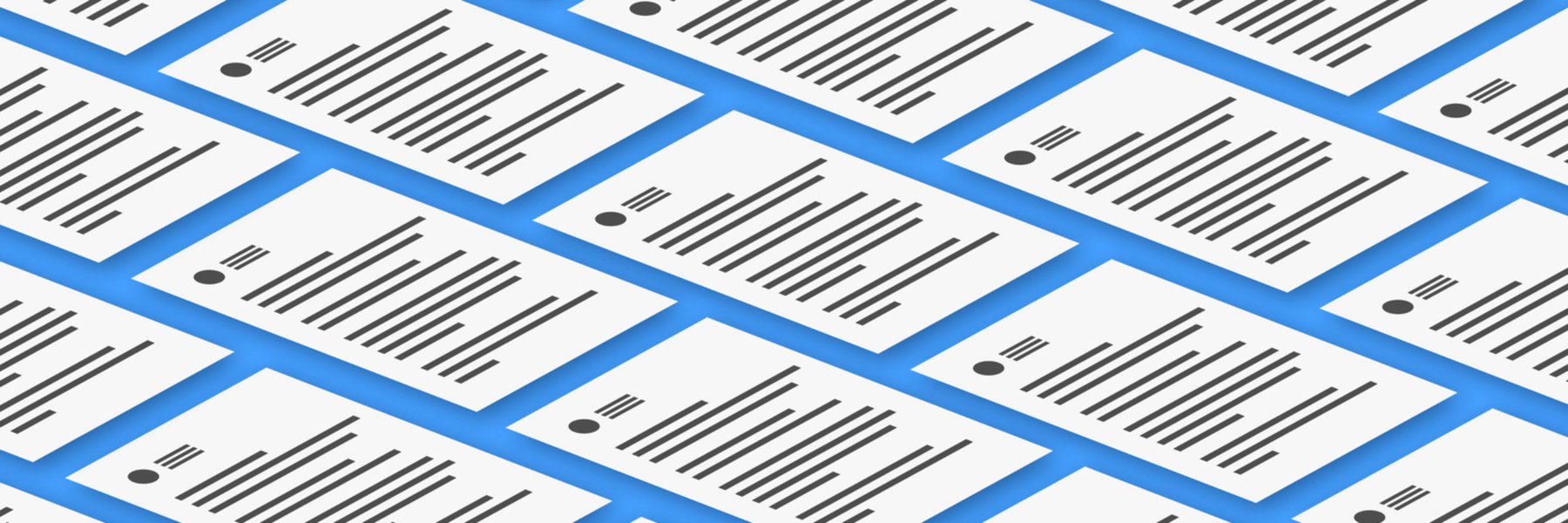MuckRock is excited to announce the second cohort of DocumentCloud Gateway Grant recipients. These six projects bring together cutting-edge technology and at-risk document collections to model preserving access to essential records in the face of a range of global challenges and while exploring a greater role in serving as watchdogs for the communities represented.
Grantees will be tackling varied projects: from building a national security archive for the United Kingdom to developing tools to fight corruption in Costa Rica by protecting documents from political and digital risks. Each project will explore strategies for leveraging MuckRock’s DocumentCloud platform and Filecoins IPFS storage network to ensure that the public can access important records now and in the future.
Grantees have been awarded amounts ranging from $10,000 to $45,000 along with technical assistance for their projects. The underlying technology enabling each effort will be open source and available for use by all DocumentCloud users, continuing to expand our library of new functionalities. Grantees will begin their projects later this month, wrapping them up in November.
“Over the past decade, DocumentCloud has grown from a convenient place to host and share primary source materials to a trusted collaboration for high-impact journalism and civil society work,” said Michael Morisy, MuckRock’s co-founder and chief executive. “These grantees, representing projects around the world, are helping us test and tap new technologies that will make sure that work can continue, despite increasing technical and legal challenges facing these organizations and the public’s right to information.”
The Gateway Grants program is possible through support from the Filecoin Foundation for the Decentralized Web, a 501(c)(3) nonprofit, whose mission is to preserve humanity’s most important information. Leveraging decentralized web technologies such as IPFS and Filecoin, DocumentCloud will work with our Gateway Grantees to find new ways to work around a range of censorship and other access challenges to ensure the public has access to critical information.
Subscribe to MuckRock’s weekly newsletter to be sure you don’t miss any updates or details about future grant opportunities and new transparency tools. MuckRock will be hosting a virtual session on DocumentCloud on June 14, highlighting many of the changes to the platform and examples of what’s possible, including how useful it is for collaborative projects. This session will also a be great opportunity to think about what might be possible when entries for the third round of Gateway Grants open later this year.
The session will be free but registration is required.
Meet The Grantees
La Voz de Guanacaste + CLIP | GuanaData, $45,000
SICOP in Costa Rica is responsible for storing all public procurement documents, which usually contain evidence of pernicious corruption cases. GuanaData seeks to protect these public records from political and digital risks –such as the cyber-attacks that some essential institutions suffered in 2022– while detecting possible abuses of power since their early stages. By safeguarding this crucial data, we can help combat and even prevent corruption and promote transparency in a government that has imposed recent restrictions on vital public information.
Fiquem Sabendo | Tracking presidential corporate card expenses and abuses with public funds in Brazil, $40,000
Fiquem Sabendo will obtain, scan, organize and report for the first time on every presidential corporate card expense in Brazil. Since 2000, every president in Brazil, and their families, can use a corporate card for emergency travel and food expenses. Until recently, this data was only available in generic form without any description of what they bought or who received the money. Fiquem Sabendo has worked hard to secure the right to scan all available receipts and investigate how these funds have been used in the past 20 years and moving forward. They have already started this project with their own funds, finding several expenses involving personal trips from the former president’s wife and sons, political events and other potentially illegal activity. Fiquem Sabendo now wants to analyze every document, from every president, and build a database of those receipts while publishing stories in major news media about those expenses. This work has the potential to force the Brazilian government to improve its transparency policy and start releasing corporate card receipts directly.
Lucy Parsons Labs & Invisible Institute | Probing Police Misconduct and Abuse: the Green v. Chicago Police Dept Documents, $40,000
The Green v. Chicago Police Department documents are composed of more than 100,000 formal complaints against CPD officers from 2011-2015 and cover the entire spectrum of police misconduct–including the mishandling of evidence, harassment and coercion, and sexual and violent assault. These documents, which were ordered released after Charles Green filed suit against CPD for unlawfully denying his FOIA request, reveal how administrative mechanisms and internal practices function to concentrate police power and perpetuate violence. Lucy Parsons Lab plans to digitize the collection, expanding on the analysis done for a subset of the collection to potentially catalyze further public engagement around the issues of police misconduct and violence.
Unredacted: Building a UK National Security Archive, $34,355
Unredacted is a collaborative research and impact project designed to provide an unprecedented challenge to UK state secrecy and censorship in relation to national security, counterterrorism and human rights. Working with partners, they will use DocumentCloud to provide a new, permanent home for thousands of primary documents relating to US-UK counterterrorism work, providing full public access to, and greater public understanding of the contours and impacts of these national security practices, with the goal of enhancing the capacity of civil society actors seeking to hold their government to account.
The grant will accelerate the integration of this material into their new public archive, and development of their new DocumentCloud API-driven “document analysis tool”. This tool will enable users to easily apply a range of filters to the documents and to search the text of specific document collections. They will harness the power of DocumentCloud to provide a step-change in challenging government secrecy and censorship and provide a new tool for others working in the DocumentCloud ecosystem.
Defending Rights and Dissent | War at Home Digital Archive, Phase 1, $10,000
The War at Home Archive will empower activists, historians, and policy analysts to draw on the historical record of US national security operations at home, and accurately contextualize current policy. The archive project will provide access to an easily searchable trove of FOIA and PRA documents relating to covert operations, surveillance of activist movements, and other tactics that undermine dissent. The project will also provide expert analysis and context for the documents, linking historical abuses to contemporary crackdowns on social movements.
Aos Fatos | Remember January 8, $30,000
For months in late 2022, antidemocratic content spread on Brazilian social media culminating in a coup attempt on January 8. The collection contains more than 1.7 million data points (messages and media from Twitter, YouTube, Instagram, Facebook, public WhatsApp groups, and hyper partisan websites) collected by Aos Fatos over more than a year. The project will archive and catalog this content and make it available to journalists and researchers to better understand the role of social media in radicalizing political activists in Brazil.
Stay tuned for updates as these fantastic projects take shape.




